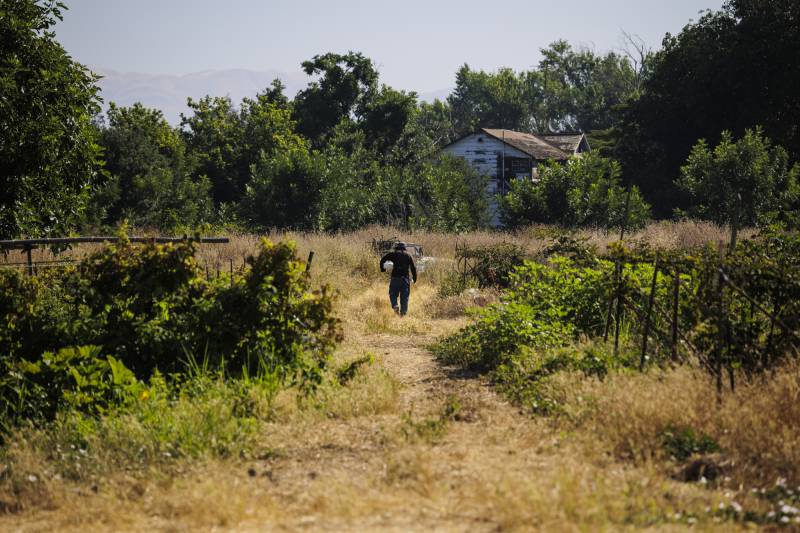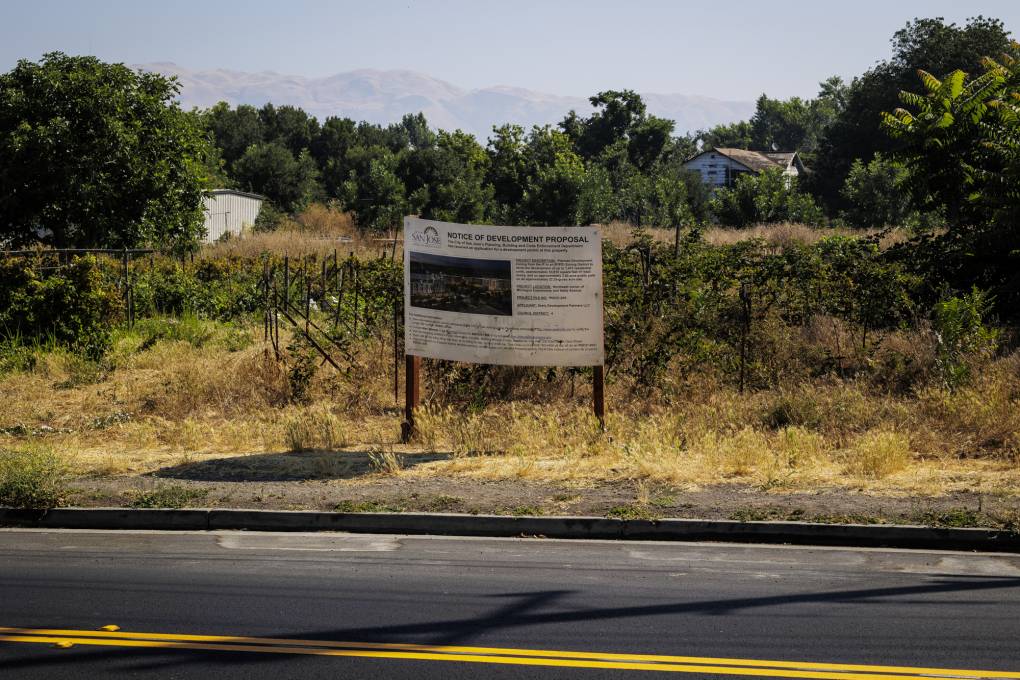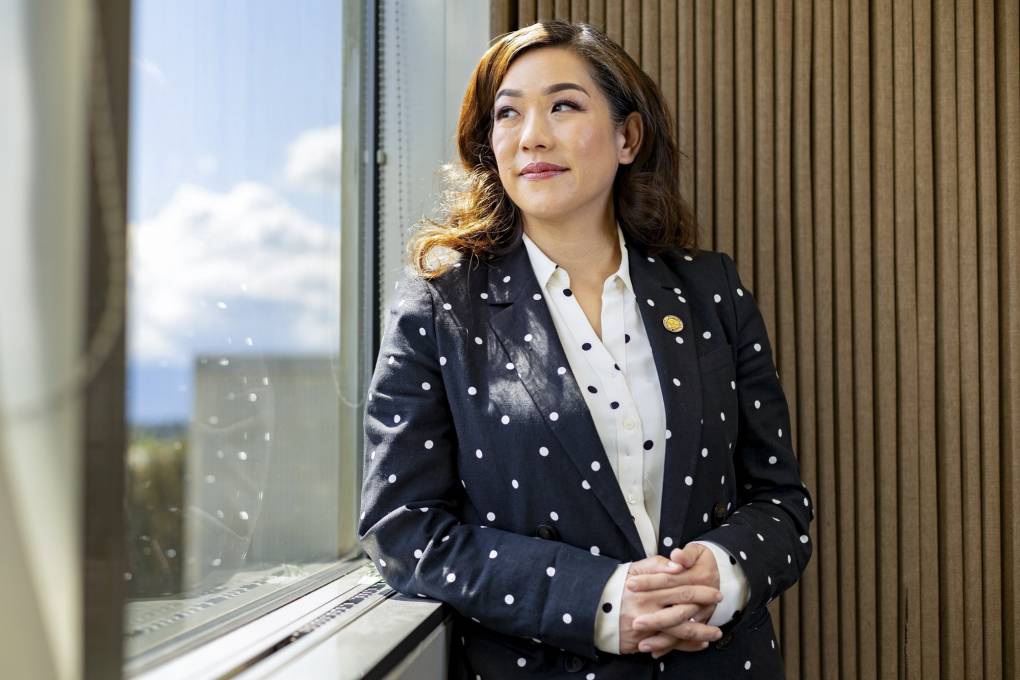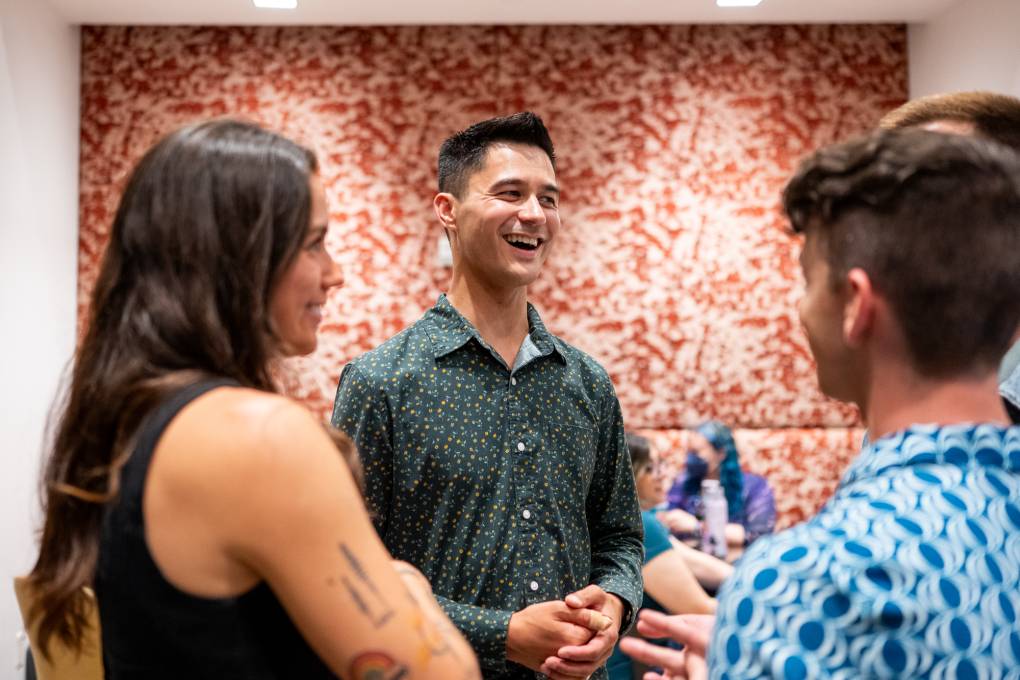The possibility of relocating the home to History Park gained support from Carolyn Sakauye and Jane May, who are the daughters of Eiichi Sakauye and own the land. The sisters’ attorney, Sam Farb, previously wrote to city officials to say they didn’t feel their father’s home was worth saving, but that view has apparently shifted.
Farb, at the meeting on Tuesday, said the sisters “would strongly be in favor of trying to preserve the family farmhouse offsite,” such as History Park. Carolyn Sakauye and Jane May previously declined to be interviewed by KQED for a story about the land, citing advice from their attorney.
City parks officials also raised concerns about the ongoing funding needed to maintain another historical home in a public park, which the city already struggles to do at some other sites. The council just last week scrapped plans to put a tax measure on the ballot to address a parks maintenance backlog of over $450 million.
Hanover, for its part, has said it will pay $100,000 to help cover some relocation costs if the city or other organizations can secure a place for the home.
Councilmember Bien Doan suggested that Hanover should consider offering “at least double” that amount to help with the preservation effort.
“I think it’s a minimal investment for the history of the Japanese Americans right here in the city of San José,” Doan said.
Other council members suggested that more should be done than putting up plaques or storyboards, but the council did not go as far as to require the developer to preserve the home on the site where it currently sits. No part of the council’s approval of the development is contingent on the ultimate outcome for the historic home.
Councilmember Peter Ortiz questioned Scott Youdall, a development partner at Hanover, about how much engagement and outreach the company did to the Japanese American community when the development process began. Youdall said the company only consulted with the Sakauye family.
“Which does to me send a message that wasn’t front and center of your guys’ minds,” Ortiz said.
Rod Diridon Sr., a longtime former city council member, county supervisor and member of regional boards for transportation, told the council on Tuesday that he supports preserving the home.
“It is a beautiful project, and I hope you do approve it. But you’ve got to save the house,” Diridon said. He mentioned that History Park had recent success taking on a historic train depot building, which was donated to the park, and a county grant helped cover relocation costs.
“There’s got to be a way to protect that house and to do all the things necessary to remind the world what this family went through and what they provided — after they went through it — to society,” Diridon said.
Speaking about the generosity of Eiichi Sakauye, Diridon said, “It makes me have goose pimples thinking about how wonderful that quiet, quiet gentleman was.”




